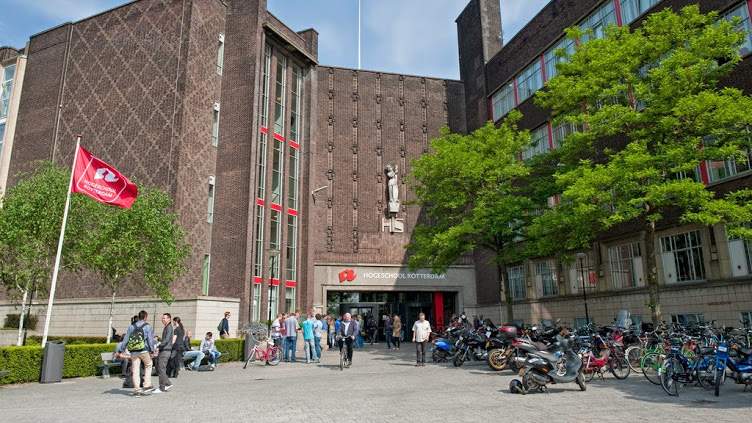
Avondlezing door ir. Daan Noort, georganiseerd door de Rotterdamsche Chemische Kring.
Samenvatting
Over the last 5 years the (alleged) use of chemical warfare agents (CWA) during various incidents has attracted a lot of political and societal attention worldwide. Recurring key questions in the aftermath of such incidents are:
- Were chemical agents indeed used?
- If so, to which agent were the victims exposed?
- Can the agent be attributed to a specific source and perpetrator?
This presentation will be focused on the second question and within this context an overview will be given of the methods currently available for retrospective detection of exposure to CWA, based on the analysis of biomedical samples, such as blood, skin and urine. Such methods can be applied for various military and civil purposes, e.g., diagnosis and dosimetry of exposure of casualties, confirmation of non-exposure, forensics, and during investigations of alleged use by the Organisation for the Prohibition of Chemical Weapons (OPCW). The advantage of using protein adducts as biomarkers in comparison with free metabolites is that they are potentially much more long-lived, which extends the window of opportunity for diagnosis. In this particular case, analytical methods are predominantly based on LC-MS analysis of enzymatic digests of the (modified) proteins, or on selective removal of the specific adduct moiety from the protein, followed by GC-MS or LC-MS analysis. Several of the methods have been successfully applied to actual cases, and were shown to be highly retrospective. The utility of these methods will be exemplified by the analysis of various plasma and tissue samples from a deceased victim after an alleged exposure to sarin during the Syrian Arab Republic conflict in April 2013. These samples had been made available through the OPCW. The results obtained provided unambiguous proof for one of the first uses of sarin in the ongoing conflict, and underline the complementary value of biomedical samples compared to environmental samples to prove alleged use of chemical warfare agents.
Curriculum vitae Dr. Daniel (Daan) Noort (1965)
Dr. Daniel (Daan) Noort (1965)
Principal Scientist CBRN Protection
TNO – The Netherlands
Daan Noort obtained a Masters Degree in organic chemistry at the University of Leiden, The Netherlands, in 1987. The Ph.D. degree was obtained in 1992 on a combined organic chemistry/toxicology subject. Subsequently, he joined the CBRN department of TNO (Rijswijk, The Netherlands) as a research chemist. He is mainly involved in projects concerning chemical synthesis and diagnosis and dosimetry of exposure to xenobiotics, e.g., TICs and chemical warfare agents. Dr. Noort has been the PI of numerous projects funded by the Dutch Ministry of Defense, the U.S. Defense Threat Reduction Agency (DTRA), the U.S. Army Medical Research and Materiel Command and the Centers of Disease Control & Prevention (CDC, Atlanta, Georgia, USA). In 2011, Dr. Noort was appointed as one of TNO’s twenty Principal Scientists (within approximately 2500 employees). Dr. Noort has been an active participant in various OPCW Temporary Working Groups (TWG), amongst which on Sampling & Analysis and on Verification. Dr. Noort is partially responsible for the OPCW Designated Laboratory status of the TNO laboratory, for both environmental and biomedical samples. In 2014 Dr. Noort worked as a visiting scientist for 6 months at Edgewood Chemical Biological Center (Aberdeen Proving Ground, MD, USA) within the framework of the Engineer and Scientist Exchange Program (ESEP). Field of work was the discovery of new biomarkers of nerve agent exposure through activity-based protein profiling. He is author and co-author of approximately 80 peer-reviewed papers. Since 2018 he is a member of the Scientific Advisory Board of OPCW.
Introducé(e)s zijn van harte welkom.
Graag vooraf bericht als u verwacht te komen.
Stuur daartoe een mail naar chemischekringrotterdam@gmail.com.

